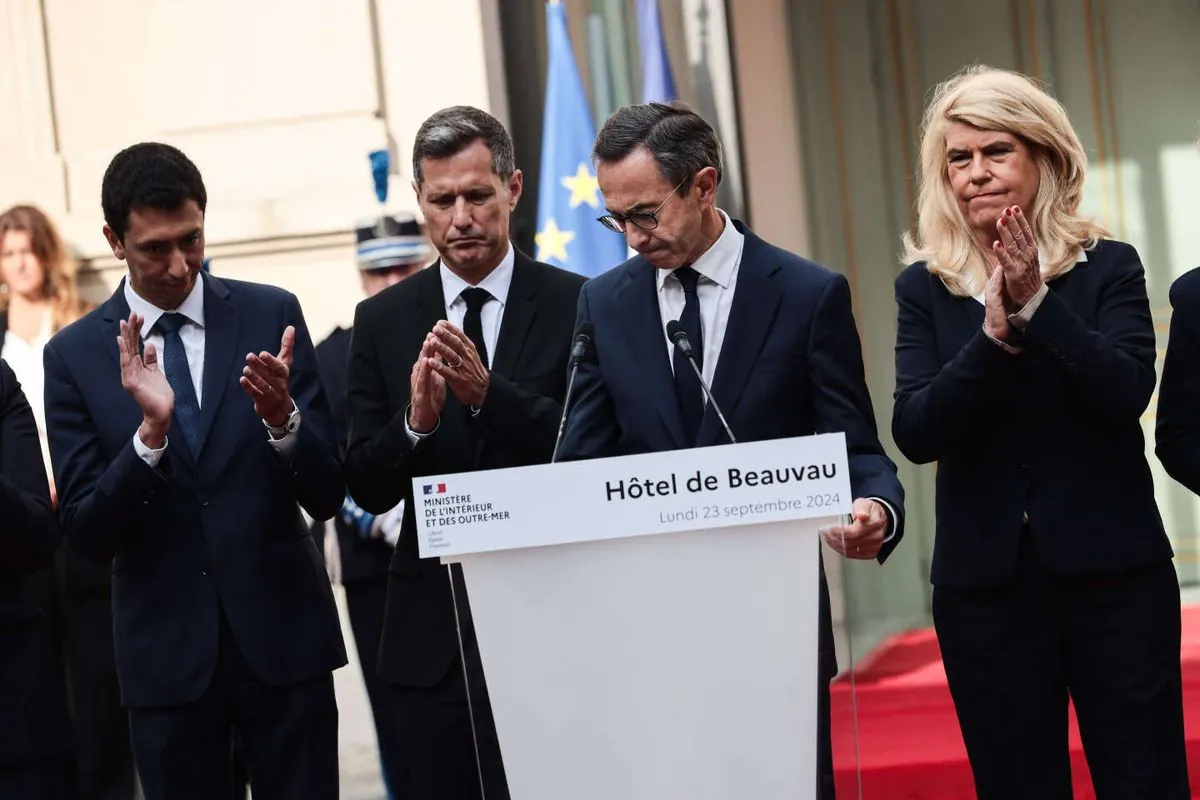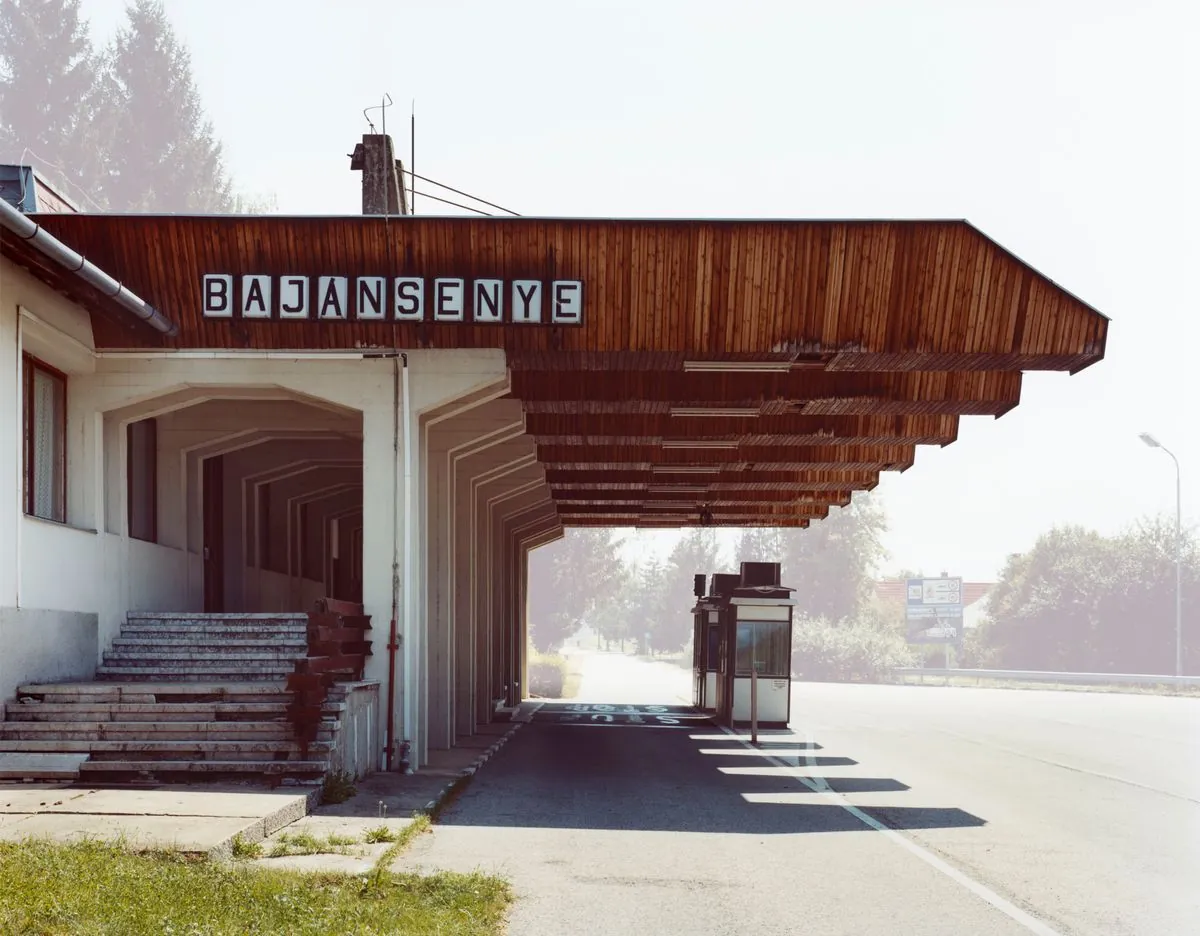France's New Government Takes Tough Stance on Immigration
France's recently appointed conservative-led government pledges to curb illegal immigration. Prime Minister Michel Barnier and Interior Minister Bruno Retailleau propose stringent measures, sparking debate and criticism.

In a significant shift in France's political landscape, the newly appointed government under Prime Minister Michel Barnier has announced a stringent approach to immigration control. This development comes in the wake of snap legislative elections called by President Emmanuel Macron in June 2024, resulting in a fragmented parliament.
Barnier, a veteran conservative and former Brexit negotiator, has been tasked with navigating the complex political terrain. The prime minister, who is scheduled to outline his policy priorities in an address to the National Assembly, has already made his stance on immigration clear. In recent media appearances, he described French borders as "sieves" and expressed concern over uncontrolled migratory flows.
The appointment of Bruno Retailleau as interior minister further underscores the government's hardline approach. Retailleau, known for his tough rhetoric on migration, has proposed several measures to curb illegal immigration. These include reforming the state medical assistance program for undocumented migrants, intensifying random border controls, and seeking agreements with North African nations to manage migration flows.

This shift in policy has not been without controversy. Critics argue that the new government's stance is heavily influenced by the far-right National Rally party, led by Marine Le Pen. The National Rally, which holds a significant number of seats in the divided parliament, has expressed cautious support for the government's immigration approach.
"It's undeniable that Michel Barnier seems to have, on migration, the same assessment as ours."
The government's proposed measures have raised concerns among civil society groups and healthcare professionals. Eight former health ministers from across the political spectrum have warned against limiting the state medical assistance program, arguing it could lead to more severe and costly health issues in the long run.
France's tougher stance on immigration is not entirely new. Since 2017, successive governments under Macron have passed legislation to tighten immigration controls and expedite asylum procedures. This trend can be traced back to the presidency of Nicolas Sarkozy (2007-2012), who also emphasized stricter immigration policies.
The current situation reflects broader European trends in migration management. In 2023, France received approximately 145,000 new asylum requests, the highest number since 2016. This places France third in the European Union for asylum applications, behind Germany and Spain.
As the Barnier government prepares to implement its immigration agenda, it faces the challenge of balancing domestic political pressures with international obligations and humanitarian concerns. The coming months will likely see intense debate and potential legal challenges as France grapples with this complex and contentious issue.


































